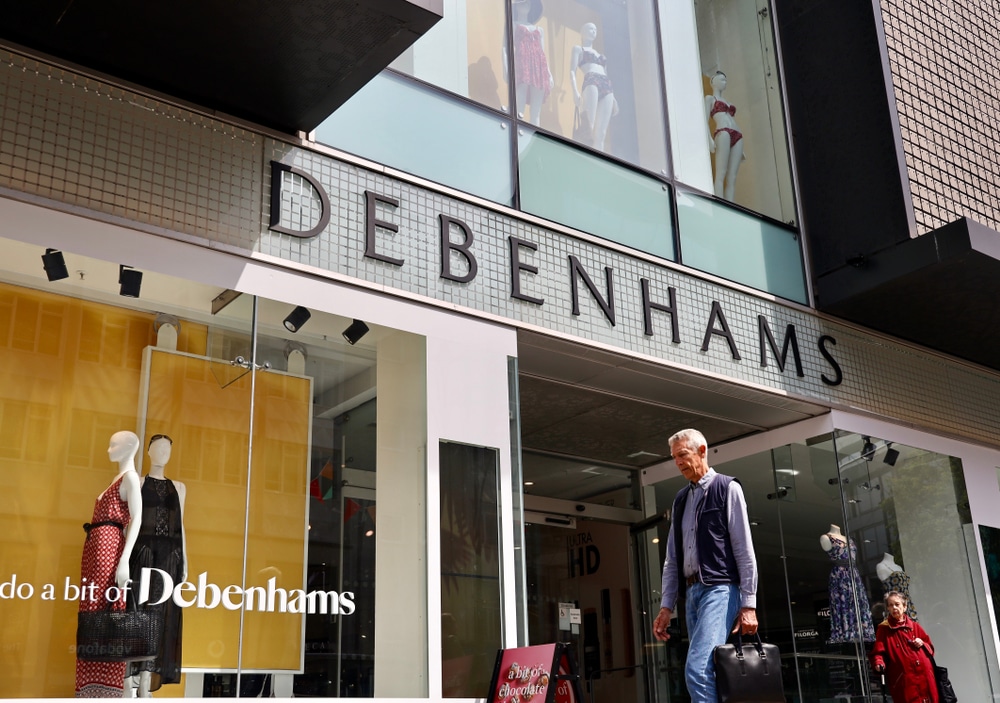The retail landscape continues to shift dramatically, with Debenhams Group recently reporting a significant widening of pre-tax losses. For the year ending February 28, 2025, losses amounted to £264 million, up from £164 million in the previous year. This decline reflects broader challenges the company has encountered, notably within its youth-centric brands like Boohoo and PrettyLittleThing (PLT).
Sales Decline and Brand Performance
The group reported a striking 10% drop in sales, totaling £2.3 billion. The decline in revenue from its youth brands was particularly alarming, which saw a decrease exceeding 20%, contributing to total revenues of £1.5 billion. Conversely, the Debenhams section of the business, which includes clothing lines such as Warehouse, Oasis, and Dorothy Perkins, did show a revenue increase to £654 million. However, not all segments thrived, with Karen Millen experiencing a 3% decrease in sales.
Potential Changes Ahead
The group is contemplating the sale of PrettyLittleThing, a brand it majority acquired in 2016 and subsequently took full ownership of in 2020 for over £260 million. This decision comes alongside the possibility of closing its Burnley distribution center, which could impact over 1,200 jobs.
Leadership Insights and Strategic Vision
CEO Dan Finley has acknowledged the formidable challenges facing the business, assuring stakeholders that proactive measures are underway. He stated, “No stone will be left unturned,” highlighting a commitment to rejuvenate the brand’s performance. Finley has outlined a multi-year turnaround strategy aimed at positioning Debenhams as a compelling shopping destination. This includes potential restructuring of their youth brands to enhance profitability and cash flow.
Financial Restructuring for Future Growth
In conjunction with these operational adjustments, Debenhams Group has secured a three-year funding facility of up to £175 million from former owner TPG. This financing is essential in providing the financial flexibility necessary to execute the long-term turnaround strategy that the company is committed to pursuing.
Conclusion
As Debenhams Group navigates these turbulent times, its ability to adapt to changing market demands and restructure its offerings will be critical to its success. While the company faces significant hurdles, the emphasis on a strategic vision and financial underpinning suggests a potential path toward recovery and growth in the competitive retail landscape. As consumers continue to seek engaging shopping experiences, the focus will be on whether Debenhams can revitalize its offerings and retain customer loyalty amidst these shifts.
Image Source: Brookgardener / Shutterstock































